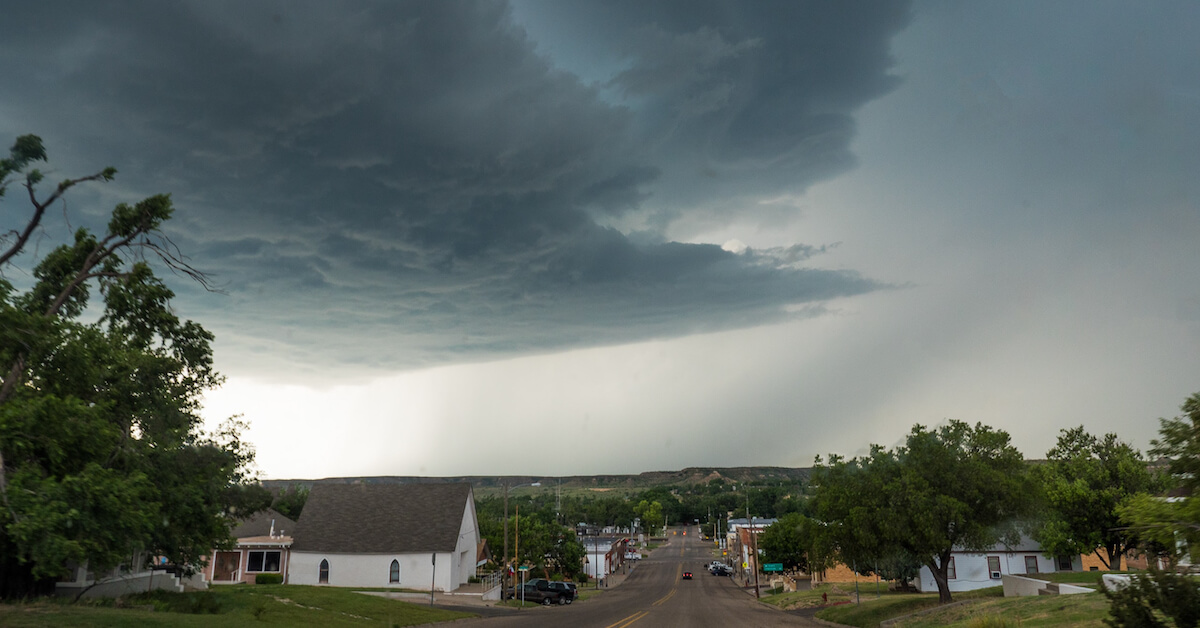Extreme Weather, Power Outages, and Your Lemonade Policy
Here’s what you are and aren’t covered for when extreme weather strikes.

Here’s what you are and aren’t covered for when extreme weather strikes.

Recent extreme weather in states like Texas has raised questions about homeowners and renters insurance policies. What are you covered for, and what are you not?
To help you out, we’ve broken down some of the main points of confusion below, and also shared some helpful resources for those who might be struggling with power outages and other effects of this unprecedented weather.
The Loss of Use section of your Lemonade homeowners or renters policy can help out with costs if your place becomes unlivable due to certain specific circumstances (what we call ‘named perils’).
Here’s the tough news: Power outages, without other physical damage to the building itself, aren’t covered as part of your policy. Such outages are common in the U.S. due to all sorts of bad or inclement weather, and renters and home policies have limited coverage unless there is actual damage to your home.
Sorry to sound like a broken record, but unfortunately, we can’t cover you for damages caused by such outages.
Your policy does not cover you for Loss of Use due to frozen pipes.
There are a few things you can do to avoid frozen pipes, though. If you haven’t lost power and still have heat, you can try to open up any bathroom, kitchen, and laundry room cabinets, which will allow warm air to circulate around your plumbing fixtures and possibly prevent pipes from freezing. You can also leave your faucets running, just a trickle, for the same reason.
Yes, in this case you’d be covered for both damages to your stuff and for Loss of Use (meaning we’d help pay for alternative accommodations while you’re unable to stay in your home). In this case, you have actual physical damages caused by a named peril—here, it’s “accidental discharge from a frozen burst pipe”—and so your policy coverage does kick in.
If you’re a renter, any damage to your apartment or rental home itself falls back onto your property manager and their insurance to address. Your Lemonade policy is able to address damage to your personal belongings, as well as temporary housing or other related expenses while any repairs are being completed, depending on the circumstances.
Damage to your house’s structure, or your personal stuff, would be covered under your homeowners policy. Fortunately, there’s a lot you can do to keep your property safe from tree damage.
If you’re a renter, you’d be covered for any damage this fallen tree caused to your personal belongings, as well as given help with temporary housing expenses if your home becomes unlivable. However, any damage to the actual building would fall under your landlord’s insurance policy (see the question above).
Your landlord is responsible for repairing any damages to the apartment or rental home itself. They are usually not responsible for replacing, moving or storing your personal belongings, or covering any temporary accommodations you need while the repairs are being completed.
Your landlord may waive your rent for the period you are not able to occupy your home, but not always.
The Red Cross runs shelters for those displaced from their home due to emergencies, or dial 2-1-1 for more info on similar initiatives.
Fast Company has put together a concise list of emergency resources for those living in Texas (and also for anyone outside of Texas who wants to assist).
The New York Times has a helpful guide to organizations in the region that are seeking donations to continue their good work. And the Texas Tribune has a similar survey of warming stations and other resources in the state.
A few quick words, because we <3 our lawyers: This post is general in nature, and any statement in it doesn’t alter the terms, conditions, exclusions, or limitations of policies issued by Lemonade, which differ according to your state of residence. You’re encouraged to discuss your specific circumstances with your own professional advisors. The purpose of this post is merely to provide you with info and insights you can use to make such discussions more productive! Naturally, all comments by, or references to, third parties represent their own views, and Lemonade assumes no responsibility for them. Coverage and discounts may not be available in all states.
Please note: Lemonade articles and other editorial content are meant for educational purposes only, and should not be relied upon instead of professional legal, insurance or financial advice. The content of these educational articles does not alter the terms, conditions, exclusions, or limitations of policies issued by Lemonade, which differ according to your state of residence. While we regularly review previously published content to ensure it is accurate and up-to-date, there may be instances in which legal conditions or policy details have changed since publication. Any hypothetical examples used in Lemonade editorial content are purely expositional. Hypothetical examples do not alter or bind Lemonade to any application of your insurance policy to the particular facts and circumstances of any actual claim.